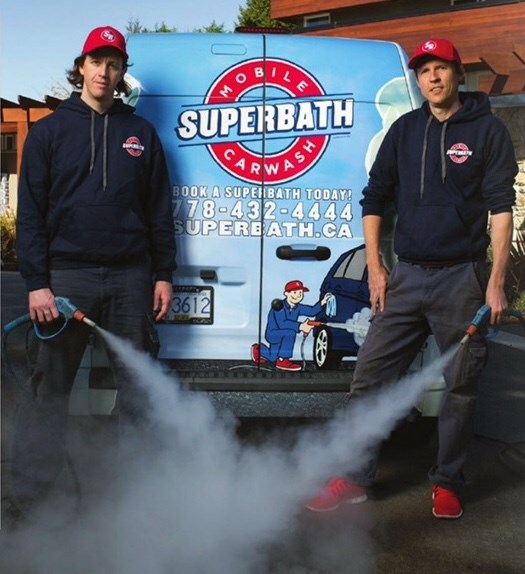In part one of this three-part series, we looked at corporate refugees and why these professionals are finding franchising to be an ideal career solution. This time, we’ll look at characteristics of corporate refugees and why they are, in turn, ideal franchisees.
A recent analysis we performed on 46 franchises that were awarded by some of our clients from leads generated by their appearance on the CBC TV show Dragon’s Den provides some interesting insight into what could be referred to as a ‘typical corporate refugee.
Probably the most interesting fact we discovered is that around 95% of the franchisees were men between 40 and 45 years. We also learned that 70% were employed at the time they applied for the franchise, 50% had university education, 90% were married, and they typically have two or three children. We were very surprised to find out that so many of the successful franchise applicants shared the same characteristics. I should also point out that the franchise opportunities we analyzed were predominantly more appealing to men than women, as a broad generalization, as they either required a mechanical aptitude or heavy lifting was involved. For the sake of this article, let’s refer to this group as “mid-lifers”.
So, the question is, “Why are mid-lifers so interested in leaving their company jobs and starting a franchise business?” The honest answer is that I don’t know for sure. However, I will put on my armchair psychologist’s hat and offer my opinion, for what it’s worth.
Generally, people in their 20s and 30s:
a) don’t have the necessary capital to go into business; or
b) can’t afford to take the risk that goes with starting their own business at a time in their life when they have a young family and a sizeable mortgage payment.
Conversely, people who are in their 50s or 60s may have access to the required capital. However, this is the time in their life when security becomes a demotivator. They don’t want to “give up what they’ve got to get what they want,” as they may feel that they don’t have sufficient time to recover financially if the business isn’t successful. Consequently, they don’t feel they can take the risk of starting a business at that stage in their lives.
Whereas, mid-lifers typically have access to capital through equity in their homes, savings or even a severance package. They also believe if the business was not successful, the loss would be palatable and/or they would have sufficient time to recover financially.
Why corporate refugees prefer mobile/service businesses
Corporate refugees tend to like mobile/service businesses (that is, business that come to your residence or place of business to provide their services such as mobile auto detailing, roof cleaning, pest control, garbage disposal, etc.) because:
a) the level of initial investment is relatively low;
b) the ongoing overhead is low (many can be operated as a home-based business);
c) they are scalable (the franchisee can expand by adding vehicles as customer demand increases; and
d) the franchisee can set their own schedule.
Why corporate refugees are ideal franchisees
From the franchisor’s perspective, corporate refugees have the potential to become good franchisees as:
a) they have access to the necessary capital;
b) they are mature;
c) working in a corporate environment has conditioned them to functioning within a system;
d) they often have a strong circle of influence through memberships in professional associations and networking groups; and
e) many of them have strong marketing and sales skills.
The last is important for mobile/service businesses, as they are marketing-driven rather than location-driven business, such as restaurants and retail stores.
Final part: Franchise types that are attracting corporate refugees – and why



